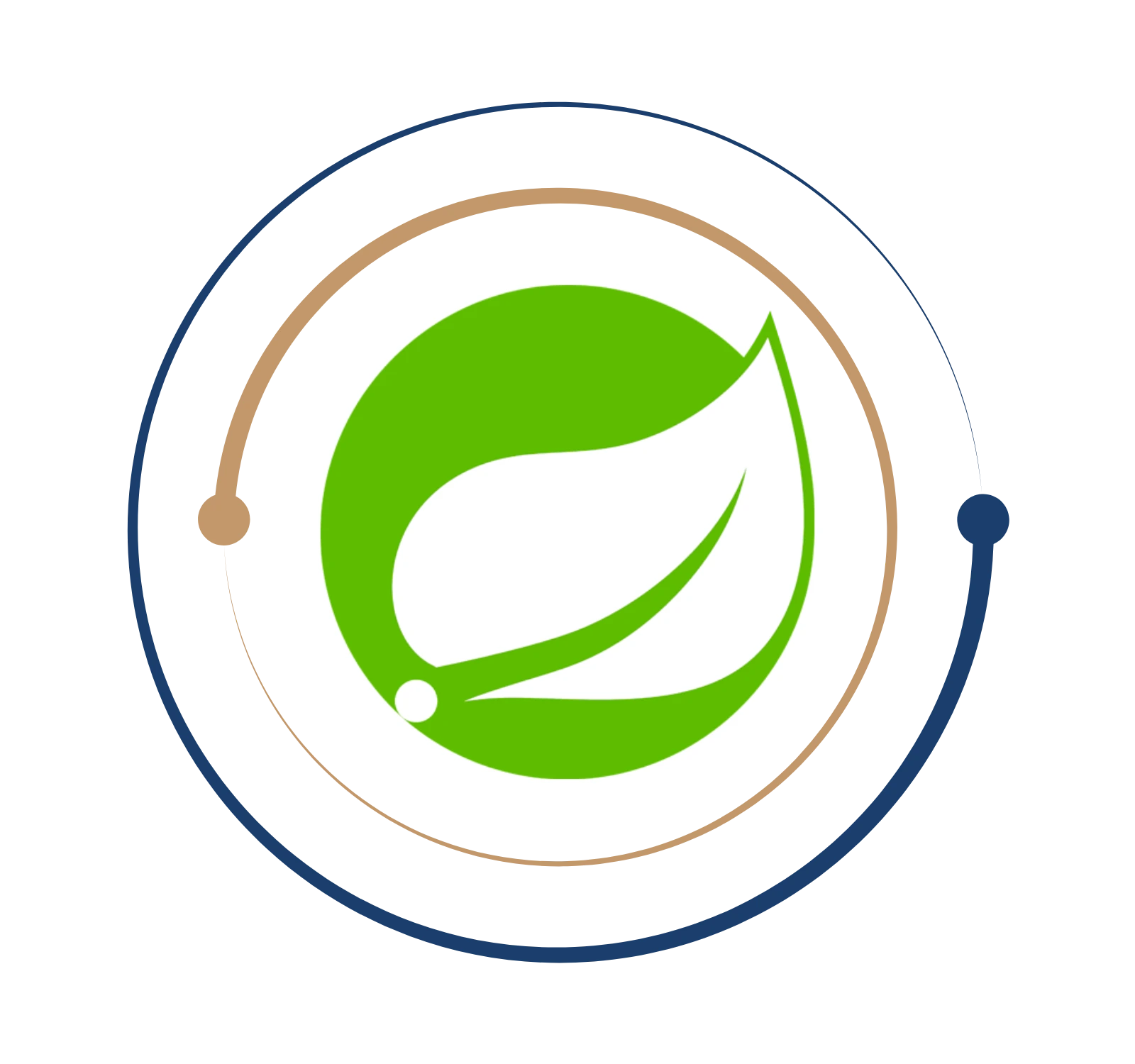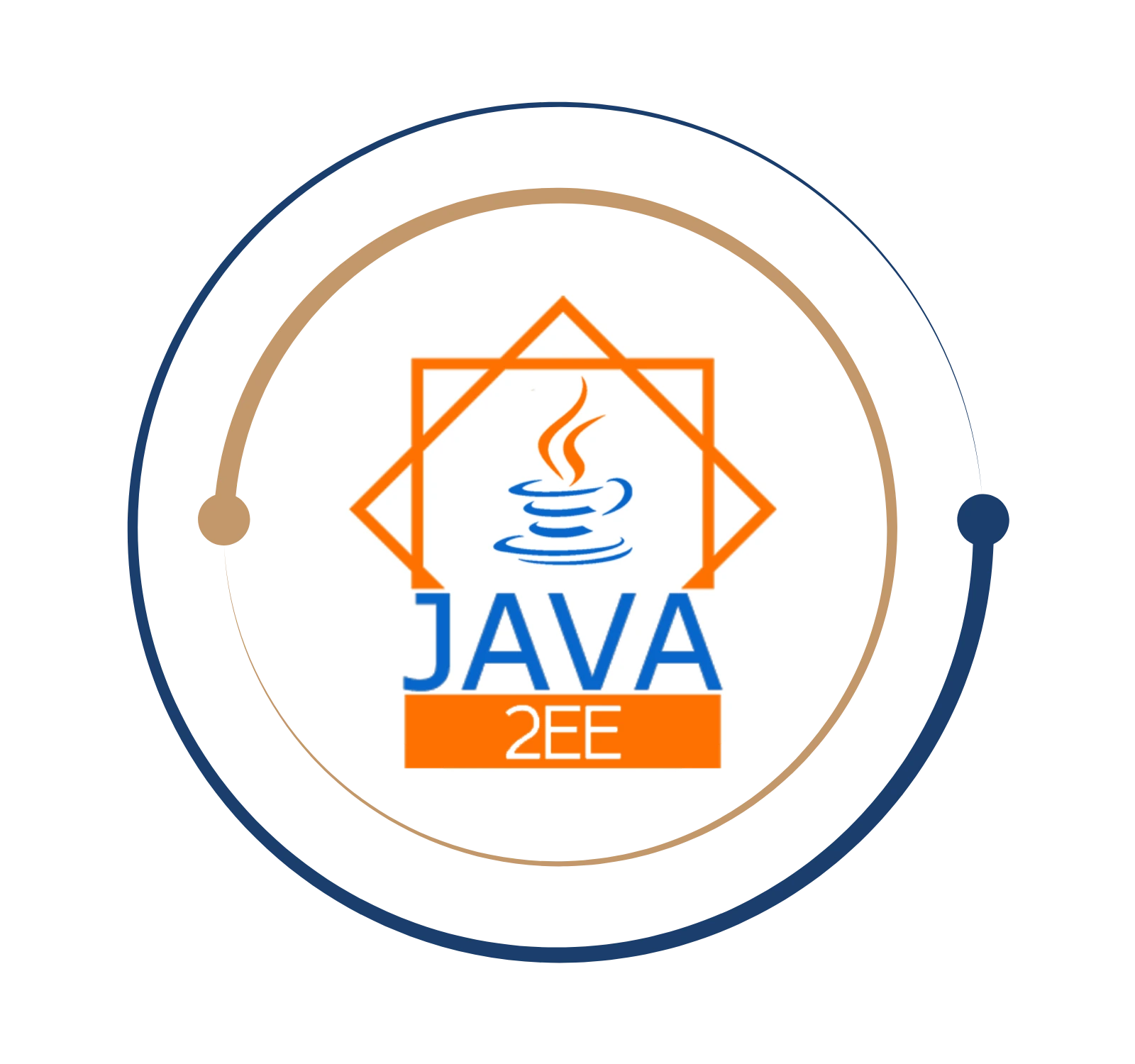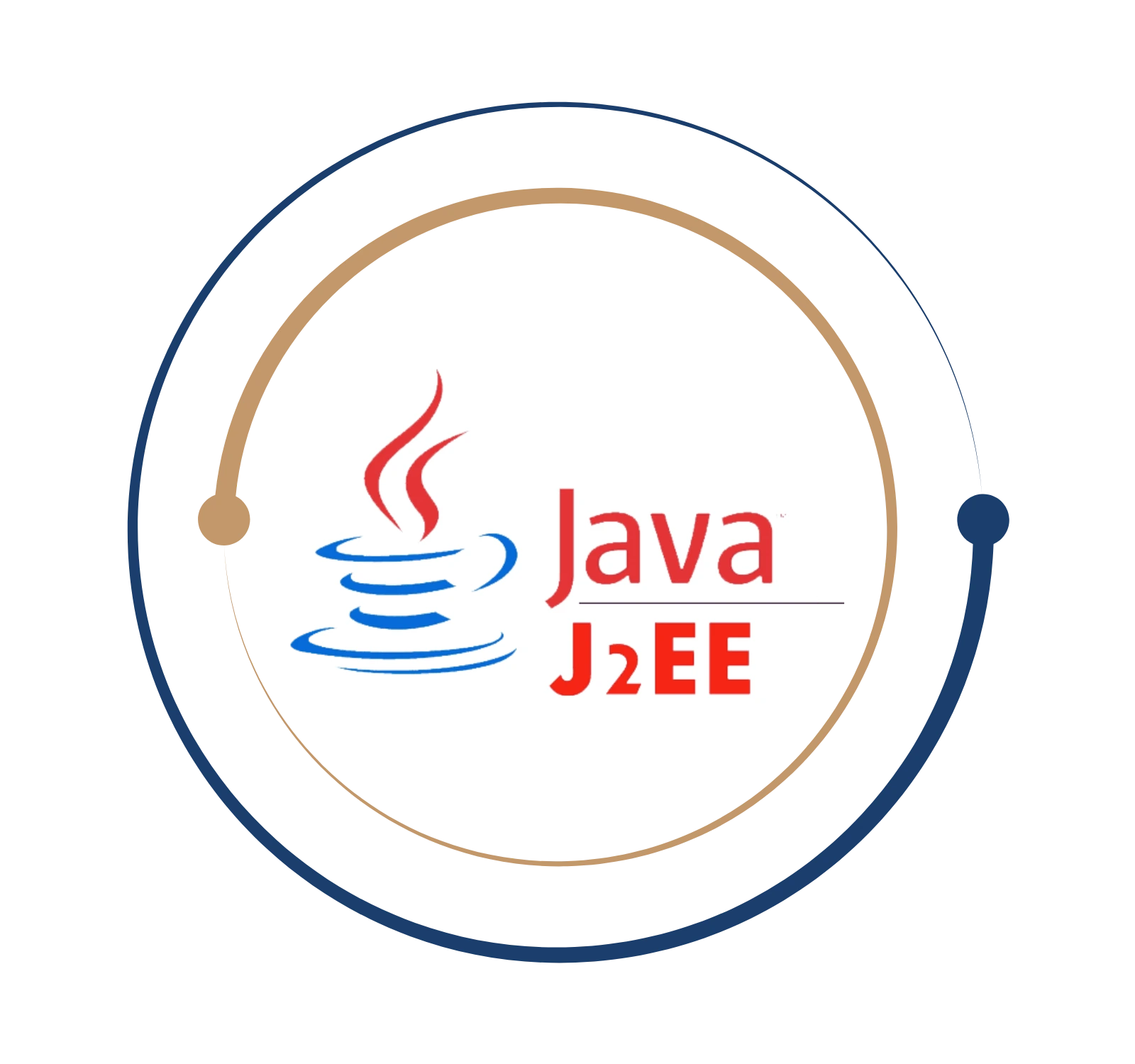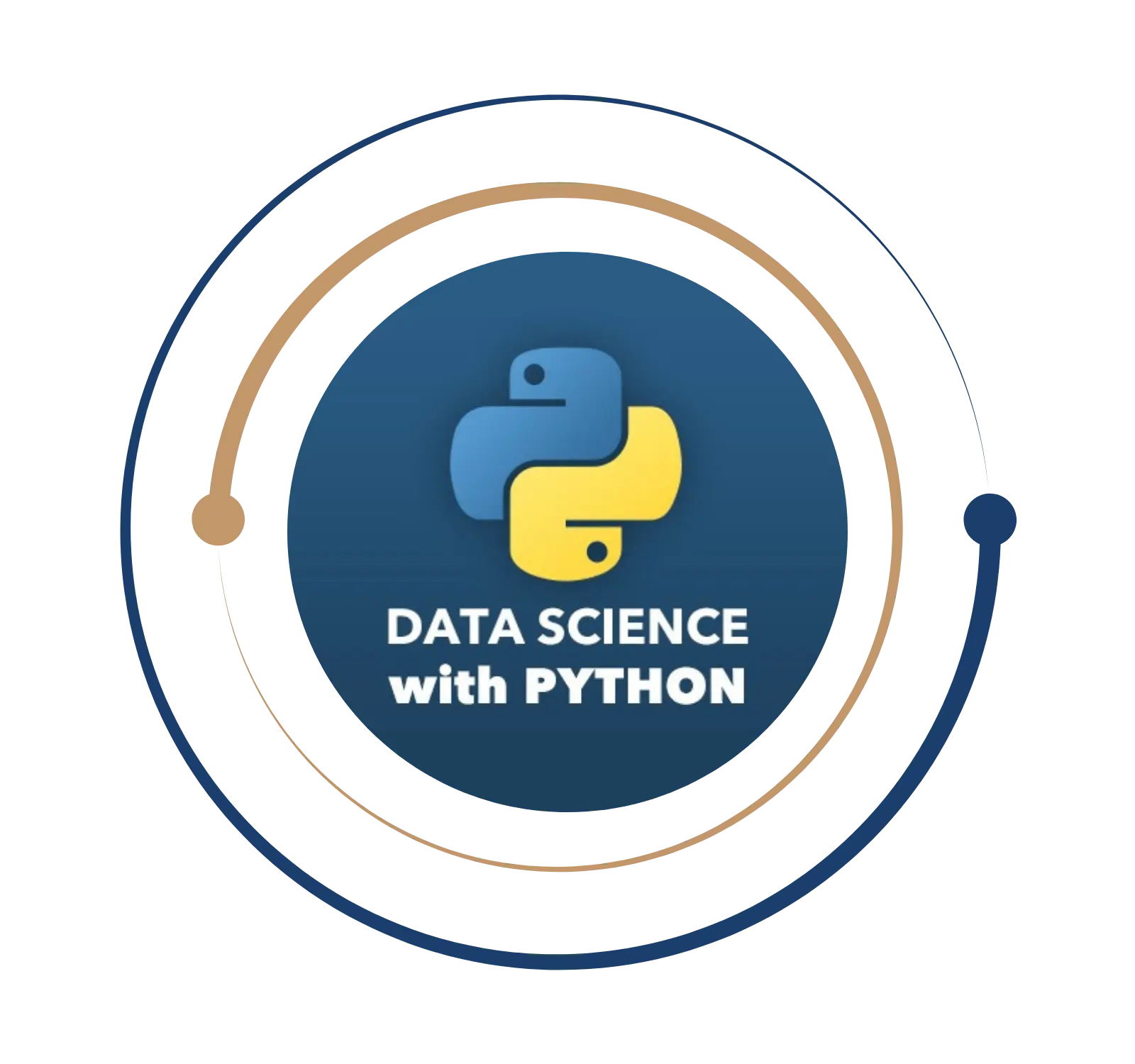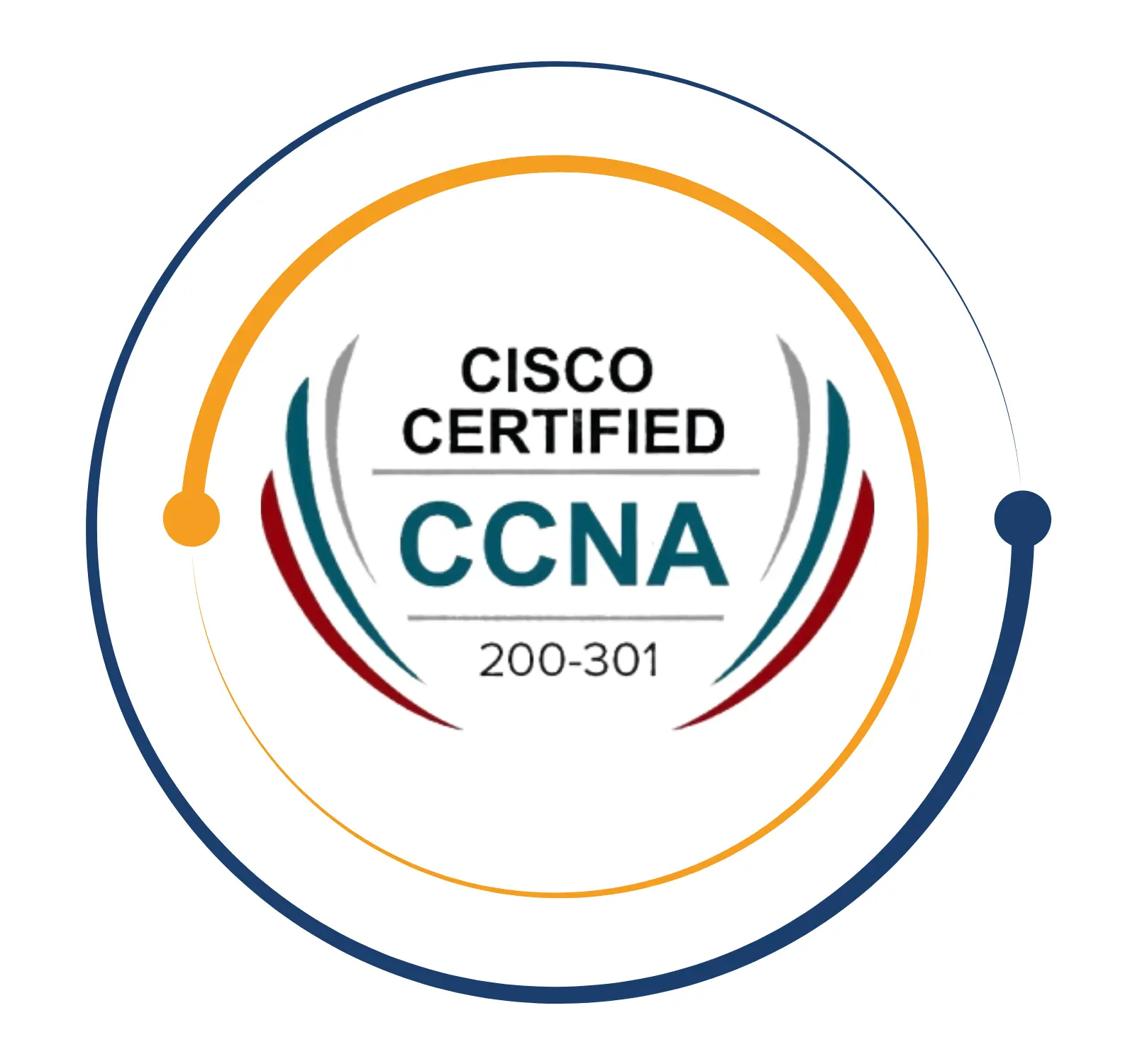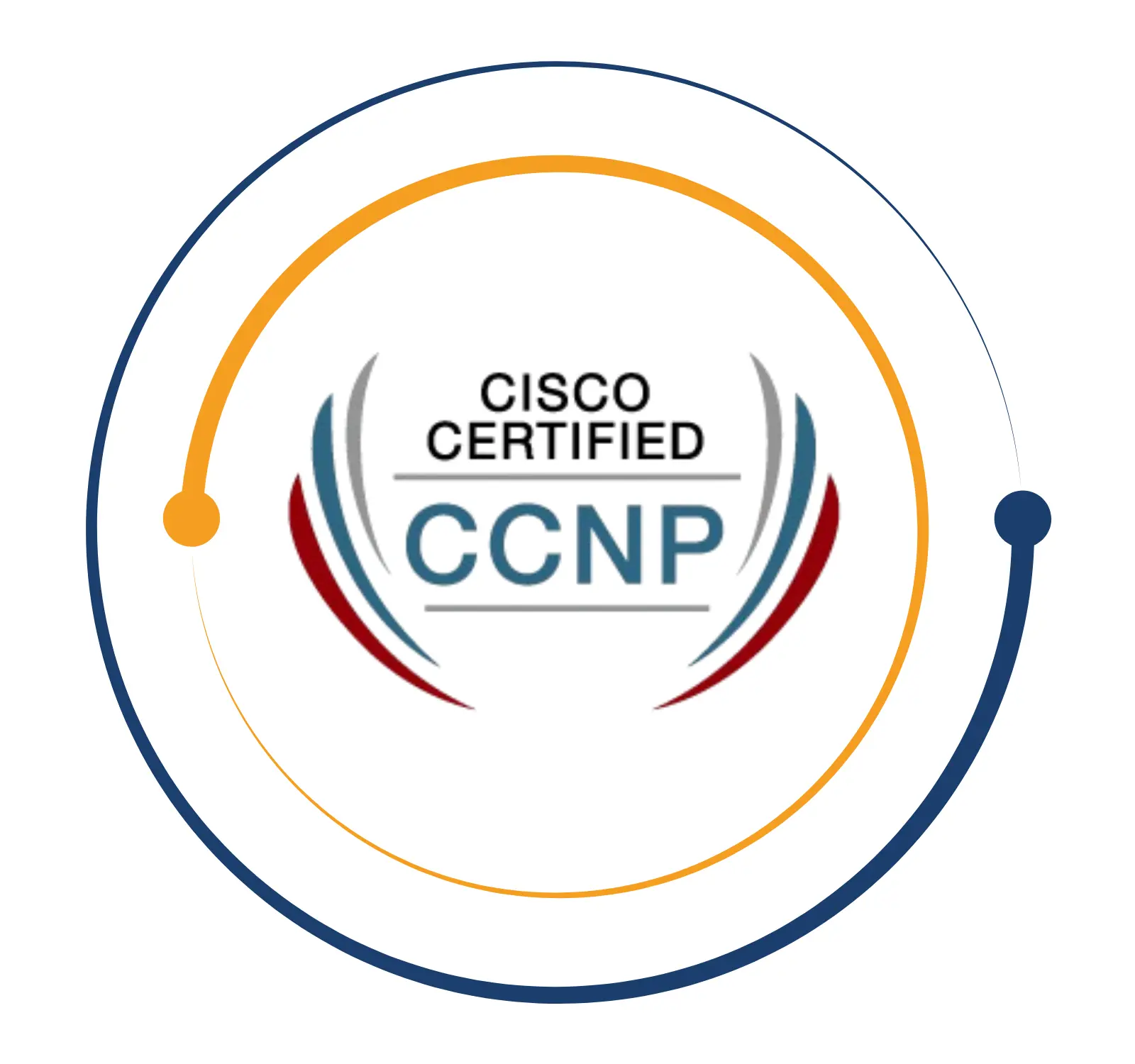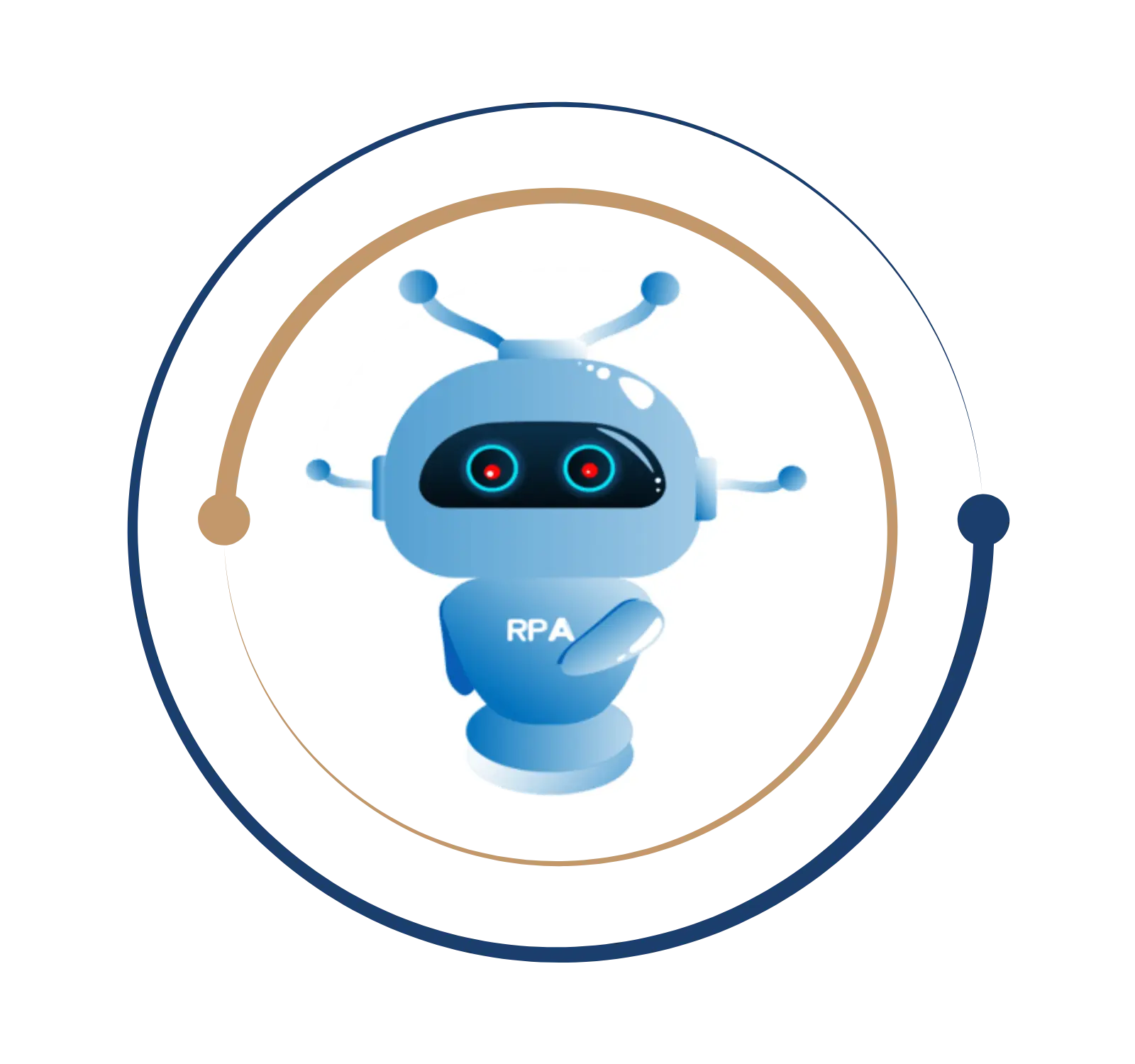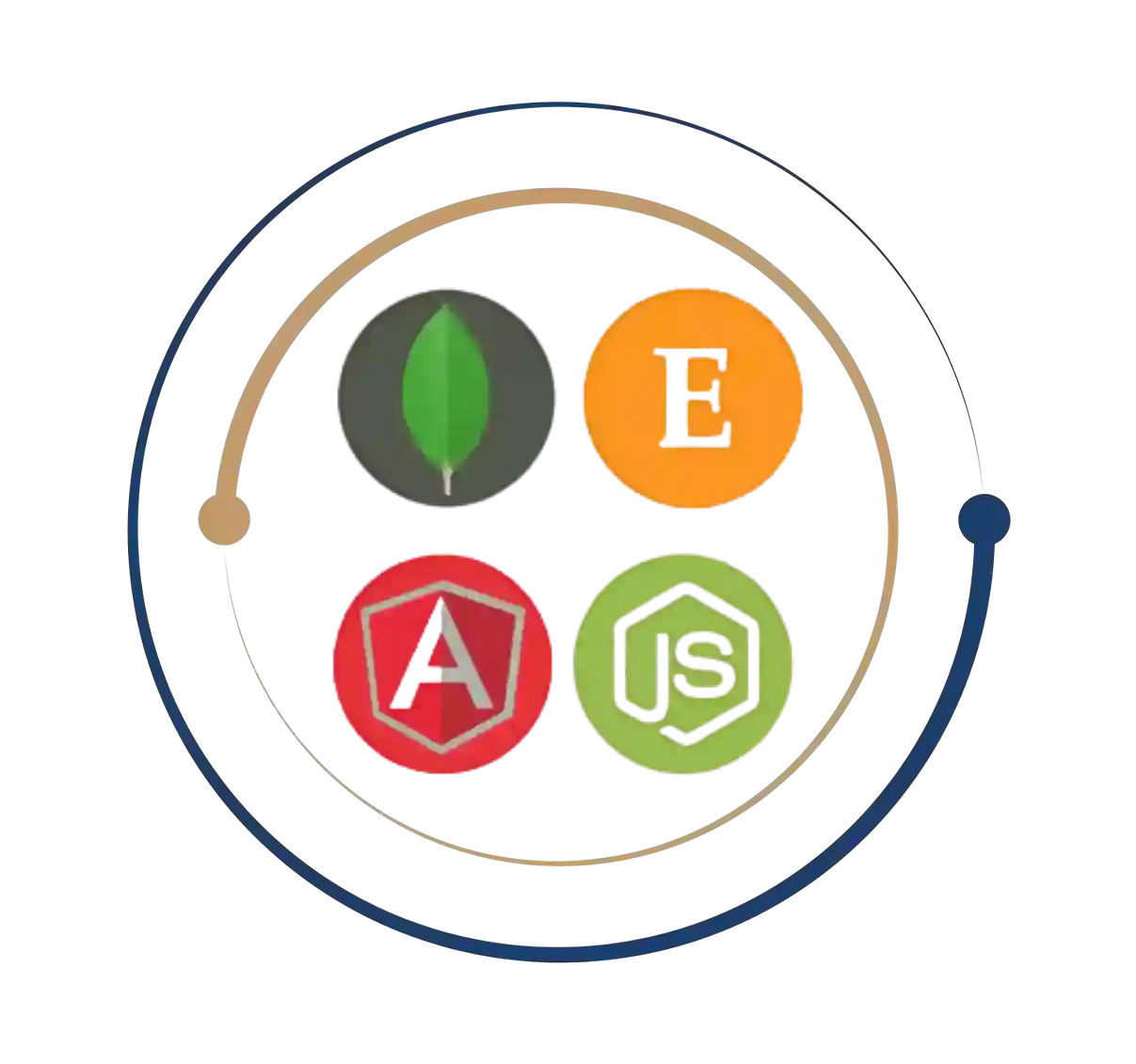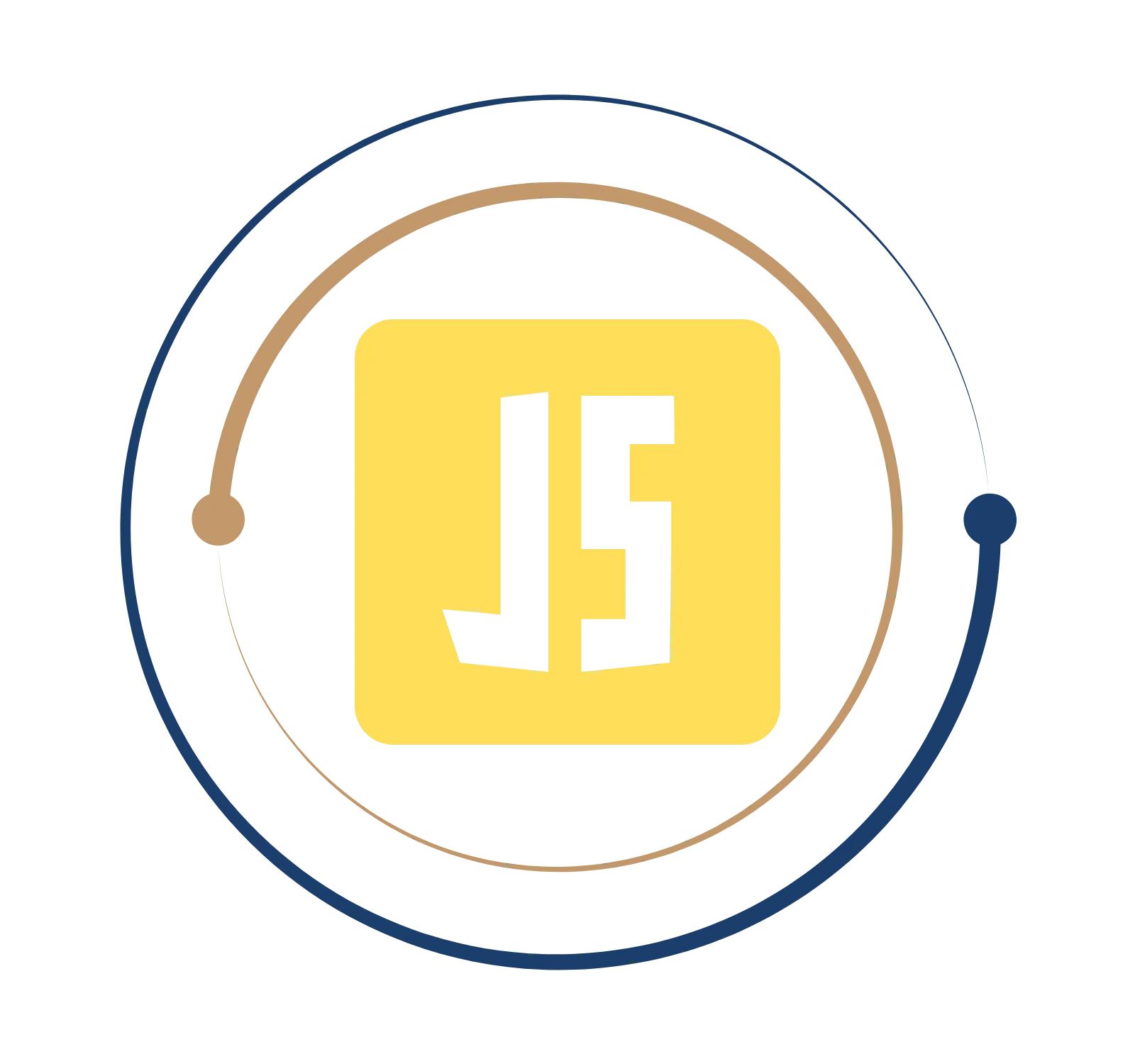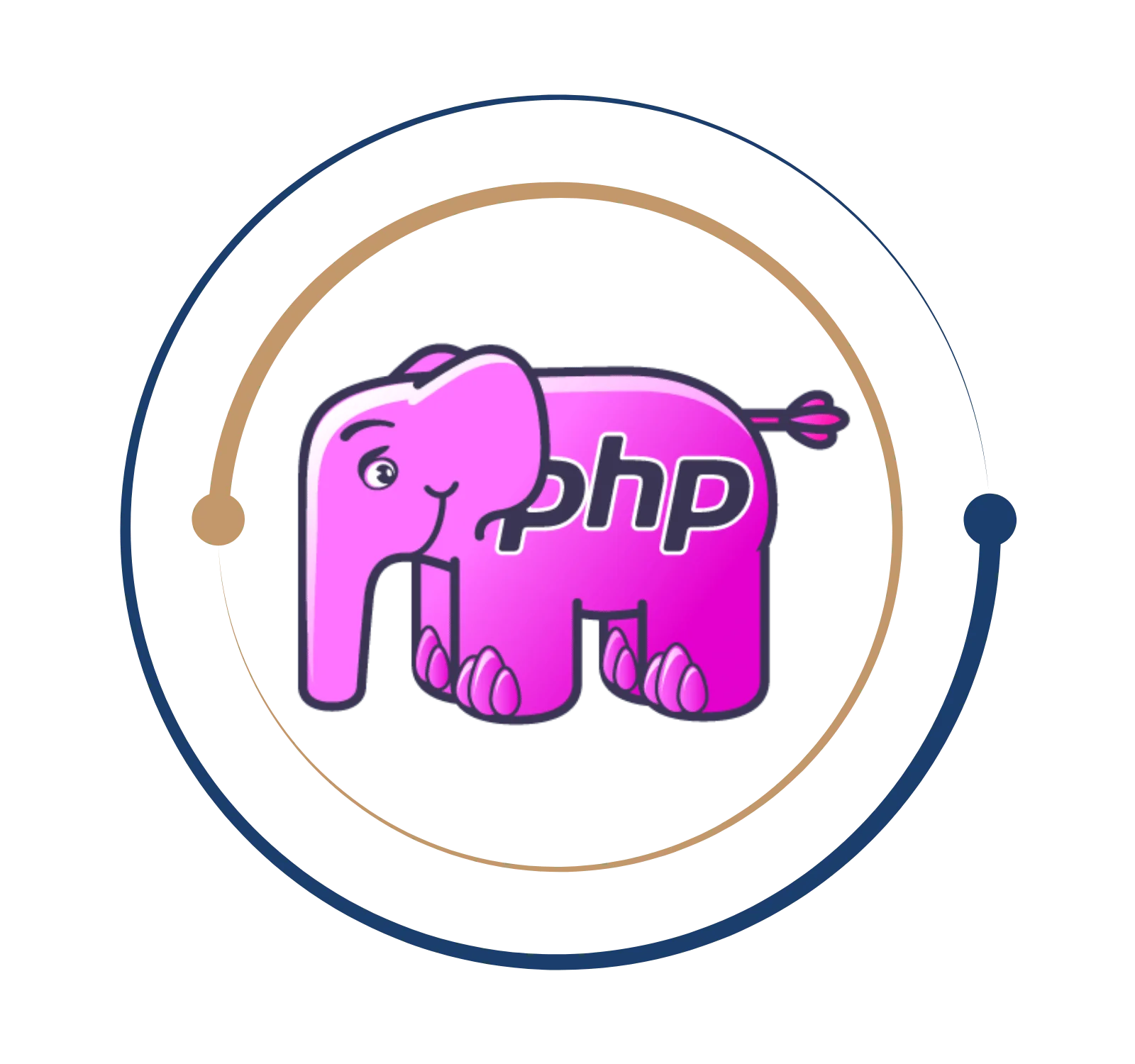Master the fundamentals of Java for a strong programming foundation
Core Java Training in Chennai
Are you seeking a resource that will teach you the fundamentals of basic Java? BITA offers Core Java Training in Chennai, which is helpful for college students and freshers. With the aid of this course, anyone may learn the basics of Java using real-world applications. Our Modules cover basic programs, data types, loop structures, control statements, oops concepts, operators, exception handling, and more. Learning the Spring framework and Android development will be simple once you have mastered the fundamentals of Core Java Training.
It is a feature of the Java programming language that may be used to design or create a multipurpose app. Its primary objective is to create such universal apps. The Java Standard Edition, or J2SE, is called Core Java. It mainly discusses object-oriented programming techniques (OOP).
Core Java Training in Chennai
Are you seeking a resource that will teach you the fundamentals of basic Java? BITA offers Core Java Training in Chennai, which is helpful for college students and freshers. With the aid of this course, anyone may learn the basics of Java using real-world applications. Our Modules cover basic programs, data types, loop structures, control statements, oops concepts, operators, exception handling, and more. Learning the Spring framework and Android development will be simple once you have mastered the fundamentals of Core Java Training.
What is Core Java?
It is a feature of the Java programming language that may be used to design or create a multipurpose app. Its primary objective is to create such universal apps. The Java Standard Edition, or J2SE, is called Core Java. It mainly discusses object-oriented programming techniques (OOP).
Advantages of Java
- It’s simple to learn Java. Java is simpler to write, compile, debug, and learn than other programming languages since it was created to be simple to use.
- It’s object-oriented, like Java. This enables the development of modular applications and code that is reused.
- Java works across all platforms. Java’s ease of transition from one computer system to another is one of its most important benefits. Software for the World Wide Web must be able to operate on various platforms, and Java achieves this by being platform-independent at both the source and binary levels.
It is a feature of the Java programming language that may be used to design or create a multipurpose app. Its primary objective is to create such universal apps. The Java Standard Edition, or J2SE, is called Core Java. It mainly discusses object-oriented programming techniques (OOP).
- It’s simple to learn Java. Java is simpler to write, compile, debug, and learn than other programming languages since it was created to be simple to use.
- It’s object-oriented, like Java. This enables the development of modular applications and code that is reused.
- Java works across all platforms. Java’s ease of transition from one computer system to another is one of its most important benefits. Software for the World Wide Web must be able to operate on various platforms, and Java achieves this by being platform-independent at both the source and binary levels.
Get Instant Help Here
The most significant positions in the software sector are easier to get with the help of Java certification training. Learn how to program in Java to solve issues encountered in the real world. This course goes over several crucial fundamental Java topics. To develop into an innovative and knowledgeable programmer, learn Java, and obtain certification. All the elements included in the Core Java course will enhance your programming skills, which will also help you become an authority in the software industry. According to the standards and demands of the sectors, Core Java certification is crafted for the specialists. Bringing this Core Java certificate and your resume to the interview can assist the interviewer in better understanding your background and open doors to rewarding work options.
- Core Java Certification
- OOPS Certification
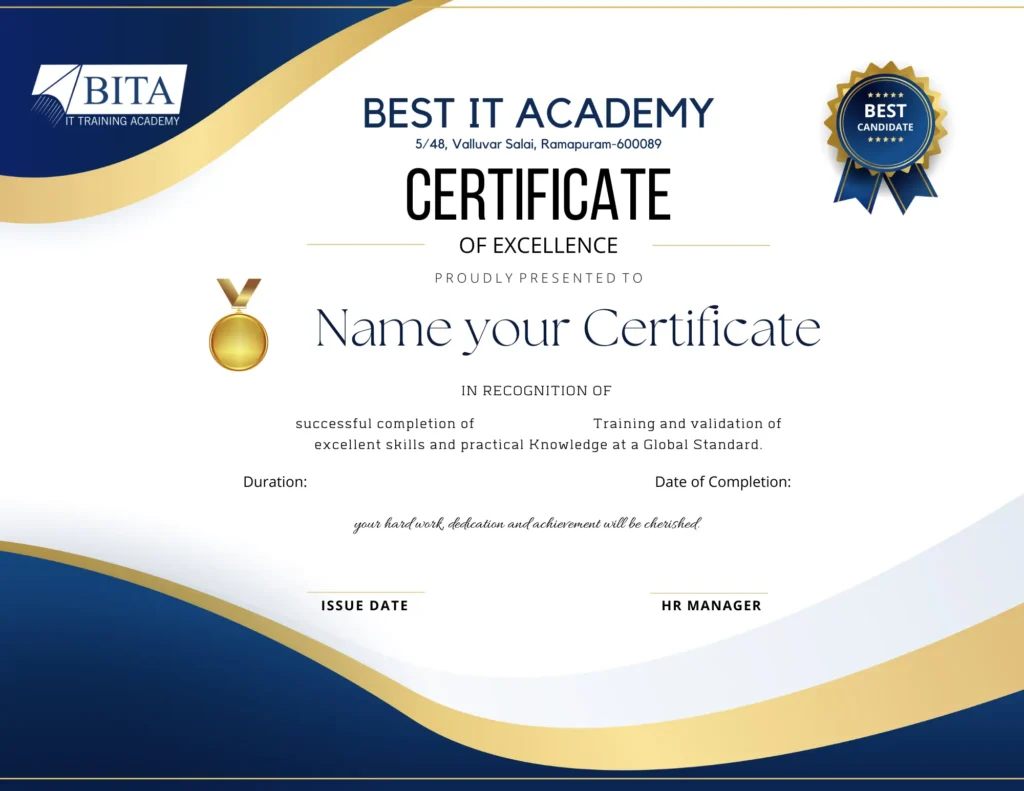
From picking your first programming language to creating applications for Android and other software platforms, Java has been everyone’s pick. It has been one of the most widely used languages due to its adaptability and interoperability. It has grown to be one of the world’s most in-demand languages due to its adaptability. A Java developer can work on the front end, use Java as a server-side language, and create standalone tools and apps. As a result, the pay for Java developers in India is much more excellent. For backend development, giants like Google, Netflix, and Instagram employ Java. Java programmers are in high demand from Indian businesses that want to create cloud-based microservices, new APIs, and Android apps. There are additional work prospects as a result of this demand. The average yearly income for a core Java developer in India is 3.8 Lakhs, with salaries ranging from 1.2 Lakhs to 8.6 Lakhs. Signup for Core Java Training in Chennai.
Job you can land with Core Java
What you will learn?
- Why do we need to use Java?
- Do you know about Two Paradigms?
- Different Java Versions
- How is Java different from other skills?
- Features of Java
- How to install Java?
- What is Java Virtual Machine (JVM)?
- Difference between JDK, JRE and JVM
- Deep Dive on Java Architecture
- What do you know about Java Bytecode?
- Text Editors
- Consoles
- Deep Dive on Java Program Dev
- What do you know about Java Source File Structure?
- Difference between compilation and execution
- How to rectify common errors?
- What do you know about lexical tokens?
- Identifiers
- Keywords
- What do you know about literals and comments?
- Deep Dive on Command Line Arguments
- Data Types
- Difference between Primitive and Non Primitive Data Types
- How to initialize and declare Variable?
- What do you know about Type Casting?
- Operators
- Different Types of Operators
- If
- If Else
- Nested If
- Else If
- How to use SWITCH and CASE Statement?
- Break
- Continue
- For
- While
- Do While
- Nested Loops
- What is Oops?
- Benefits of Oops
- Oops Design with real time examples
- Deep Dive on three Oops Principles
- Class
- Object
- Relation between Class and Object
- How to create class and Object?
- Deep Dive on User Defined Data Types?
- What do you know about custom Data Types?
- What do you know about class components?
- Different Types of Variables
- How do we use Variables?
- Multiple ways to initialize the object
- This Keyword
- Difference between static and instance block
- What do you know about Nested Classes?
- What is Inheritance?
- Benefits of Inheritance
- Different Types of Inheritance
- Single Inheritance
- Deep Dive on Multilevel Inheritance
- Difference between Multiple and Hierarchical Inheritance
- Deep Dive on Hybrid Inheritance
- Difference between IS-A and HAS-A relationship
- How to use Super keyword?
- What do you know about Abstraction?
- Benefits of Abstraction
- Abstract Keyword
- How to implement Abstract Methods?
- Benefits of Abstract Classes
- What is Interface?
- Benefits
- Implements Keyword
- How to achieve multiple inheritance with interface?
- Difference between Abstract Class and Interface
- What is Polymorphism?
- Benefits
- Different Types of Binding
- What is Method Overloading?
- Benefits
- Deep Dive on overloading conditions
- What do you know about method overriding?
- Difference between overloading and overriding
- What do you know about class casting?
- Design Patterns
- What do you know about Packages?
- Benefits
- Different Types of Packages
- Static Import
- Access Modifiers
- Deep Dive on Encapsulation
- What is Array?
- Use of Arrays
- Different Types of Arrays
- What do you know about Jagged Arrays?
- String
- String Buffer and String Builder
- What is Exception?
- Different Types of Exception
- How to handle Exceptions?
- Multiple Catch block
- Finally Block
- Difference between throw and throws
- Custom Exception
- What do you know about Varags?
- Enum Type
- Annotation
- Custom Annotation
- Different Types of Custom Annotation
- Assertion
- Object Class
- Wrapper Class
- Java Recursion
- Stream and its types
- How to read, write and copy files?
- What do you know about serialization?
- Deep Dive on Marker Interface
- Transient Keyword
Weekdays
Mon-Fri
Online/Offline
1 hour
Hands-on Training
Suitable for Fresh Jobseekers
/ Non IT to IT transition
Weekends
Sat – Sun
Online/Offline
1.30 – 2 hours
Hands-on Training
Suitable for IT Professionals
Batch details
Week days
Mon-Fri
Online/Offline
1 hour
Hands-on Training
/ Non IT to IT transition
Sat – Sun
Online/Offline
1:30 – 2 hours
Hands-on Training
Why should you select us?






Why should you select Us?







